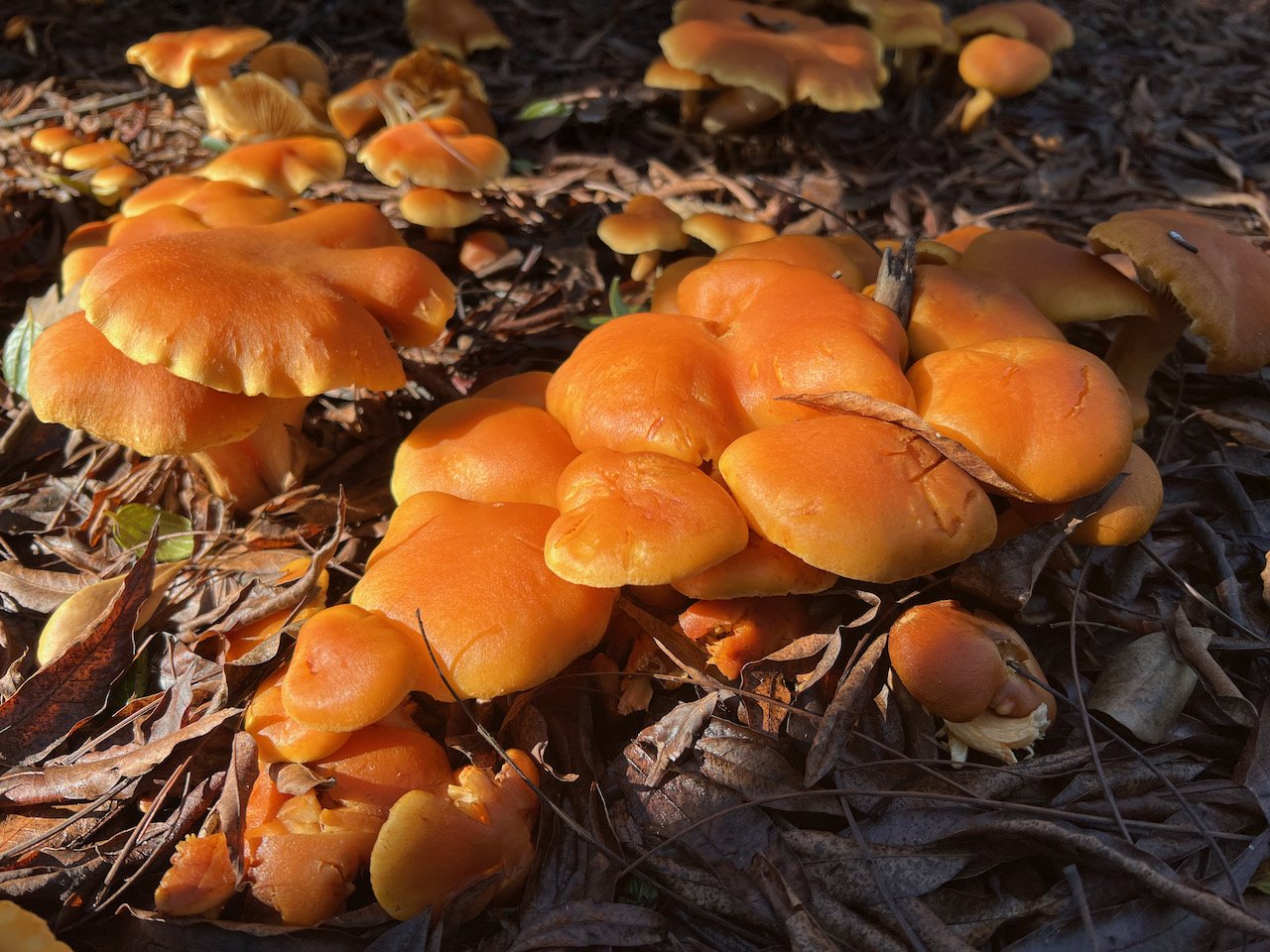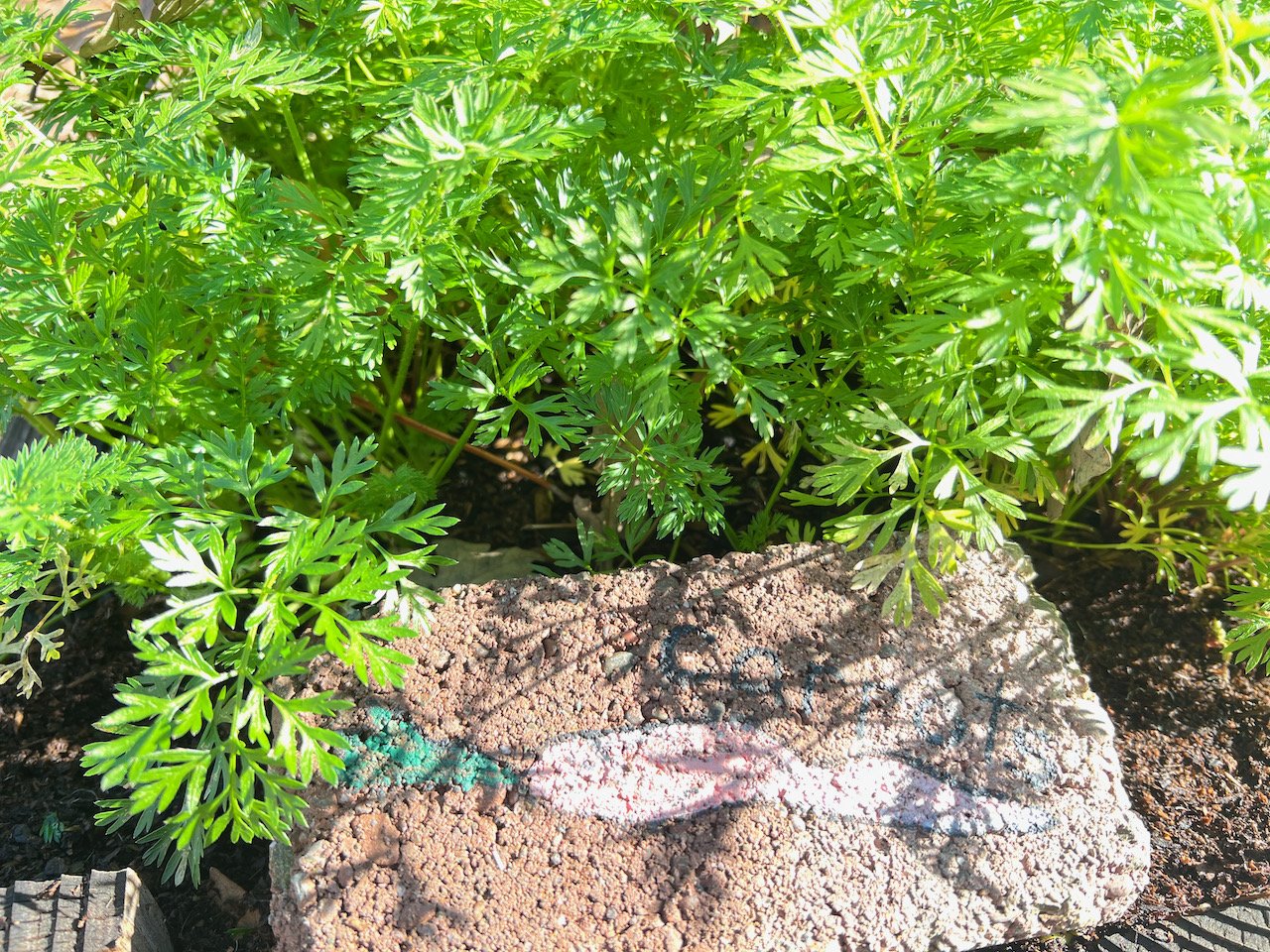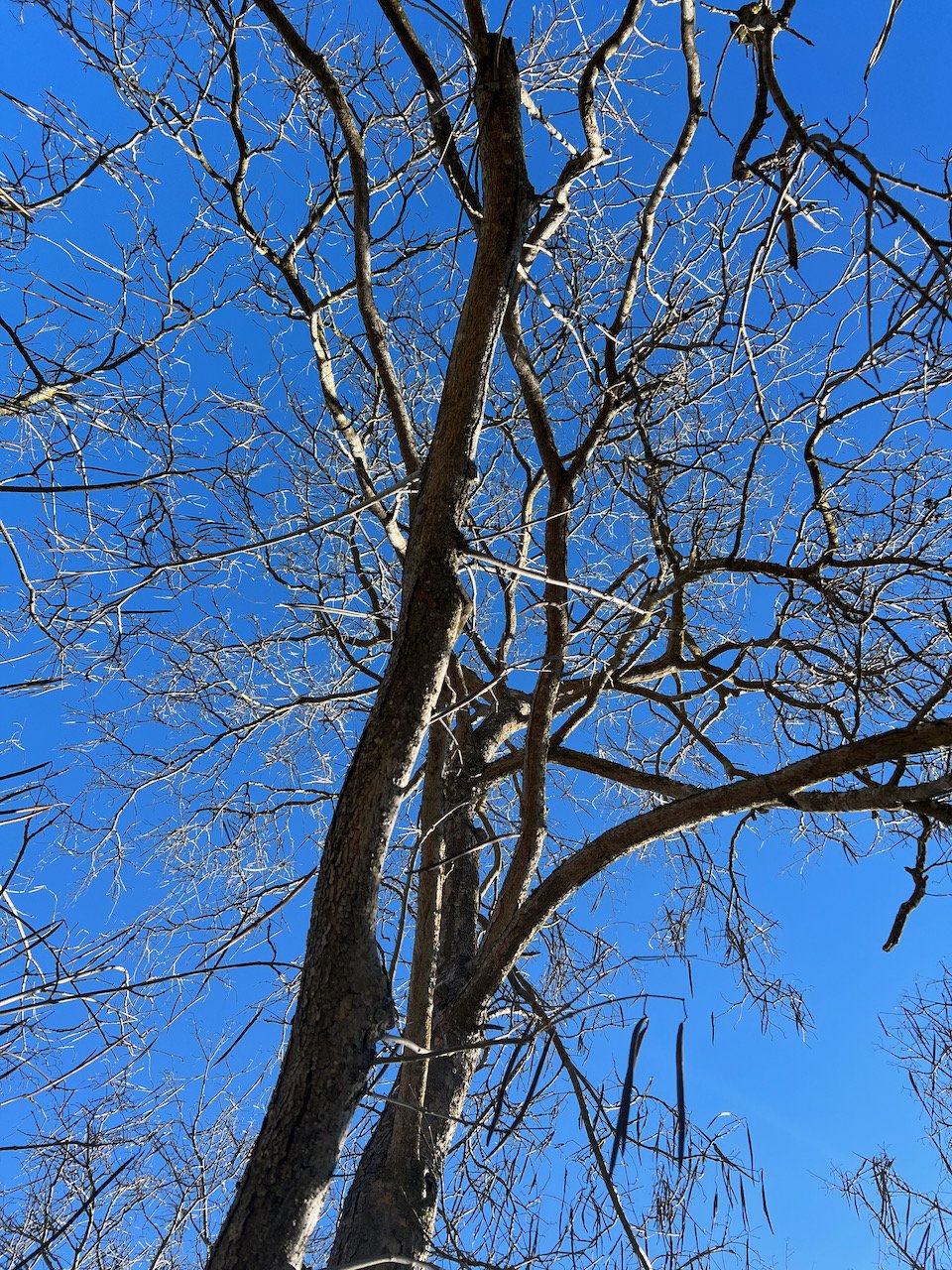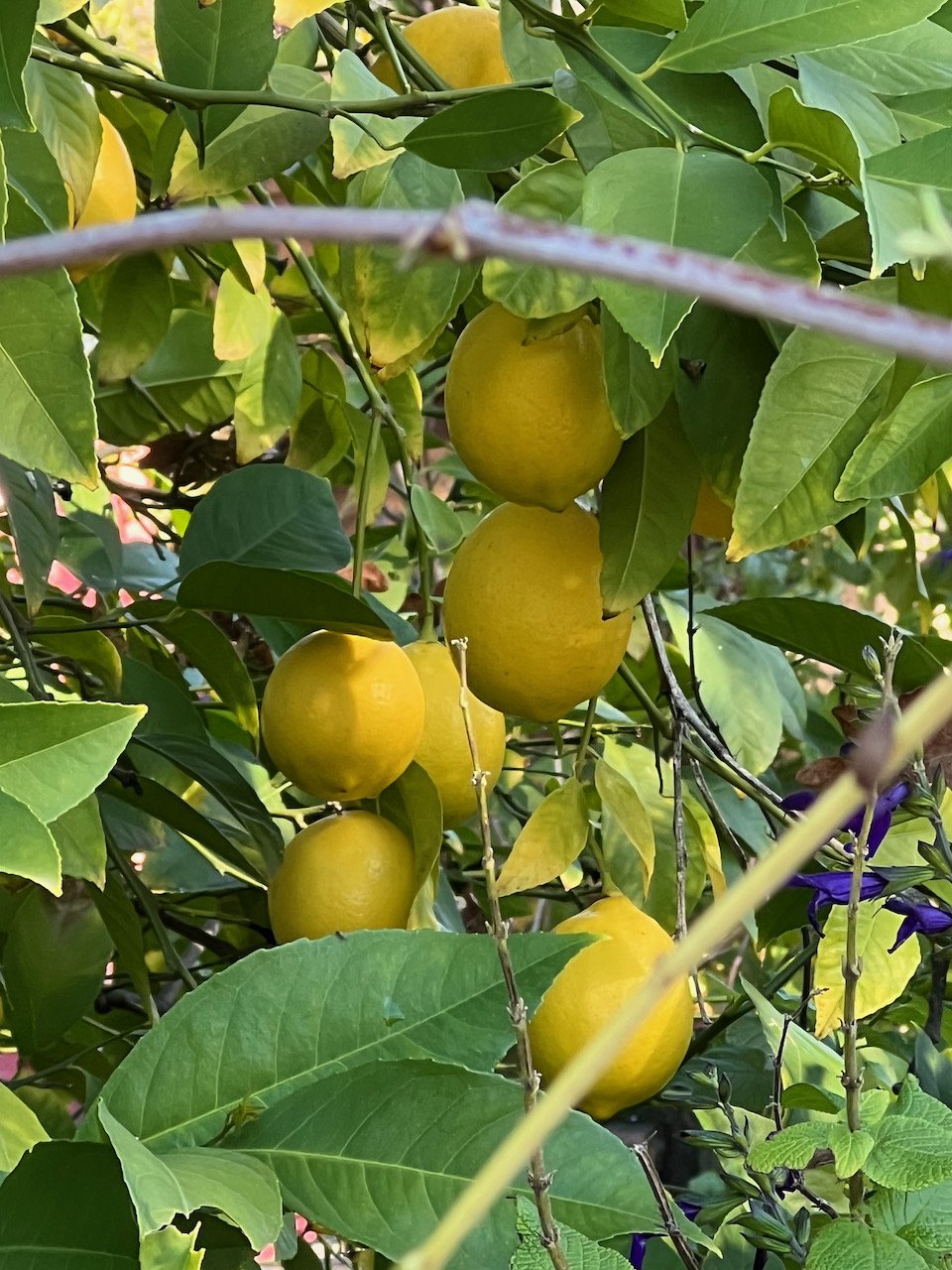I’ve been doing a lot of thinking about the coming year. I don’t make resolutions, but I do frequently make goals. And I always try to have an overarching theme that guides our year, both in and out of the garden. Last year, our theme was ‘resilience.’
The week between Christmas and New Year’s Day, Tom is home from work, and we have been able to go on long walks together (often in the rain, which we stoically bear without complaint since it is so needed - and as a bonus, it makes us walk faster). Our conversations during these walks have been interesting; as often happens, our goals and ideas for the approaching year complement each other and converge nicely.
As the world and its circumstances seem determined to break our spirits, I like the idea going in the complete opposite direction and cultivating a robust attitude of hope. It’s a tall order. How do we hope - and I mean actively hope - in the face of all that’s wrong around us? What does this kind of active hope look like? What form does it take? How does it express itself?
Similarly, as the world and its circumstances seem determined to whirl ever faster, threatening to throw us into a tailspin, Tom has decided to concentrate on slowing time down. He’s wondering how to count each day, and each moment. How to be truly aware and truly living, dwelling, not just somehow glossing over time, quickly on the way to the next thing.
These ideas reminded us both of the liturgical season called ‘Ordinary Time.’ In the church, part of the year is made up of the major seasons of Advent, Christmas, Lent, and Easter. During these times, life is full of flashy events and excitement! But then there is the time of year when none of this taking place. It’s ordered time, ordinal time, ‘ordinary’ time. Some say that Ordinary Time is the perfect season for conversation, growth, and maturation. It can also be a time where we allow the mystery of life to deeply penetrate our consciousness.
Ordinary Time does not have to mean tedious, or repetitive, or dull. Certainly it can be these things too, but the idea is to make all time matter in some higher way, even if it’s not exciting. What is the gift in an ordinary life? What can simplicity teach us? When the theatrics are over (and let’s face it, we’ve all been living in a heightened state for quite some time now), what are we left with?
Could it be… hope?
So that’s our goal for 2022. Cultivating hope while learning to live consciously in the present, in ordinary time.
We look forward to more of these kinds of conversations in the coming year, whether they concern the garden or just our lives. Thanks for spending time with us. We wish you all a very peaceful and happy New Year!







